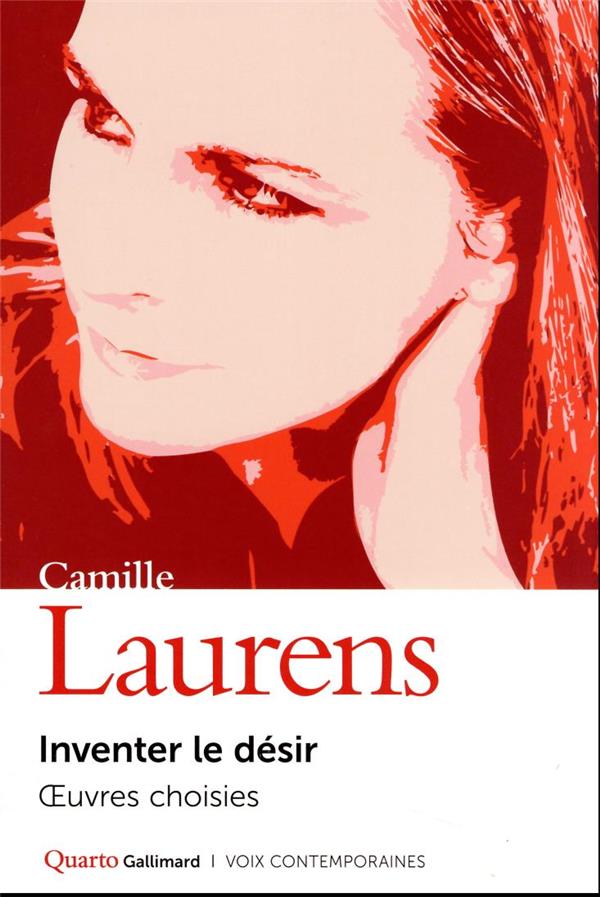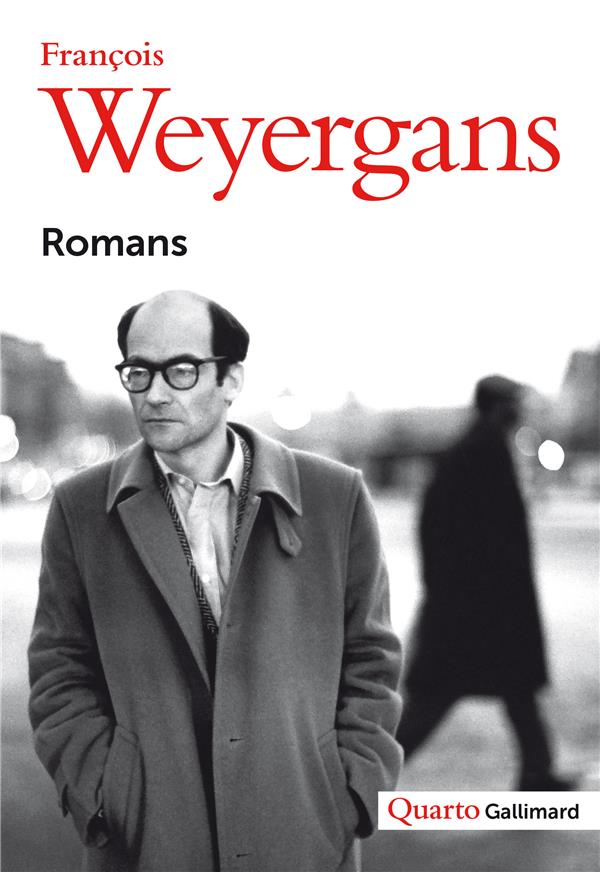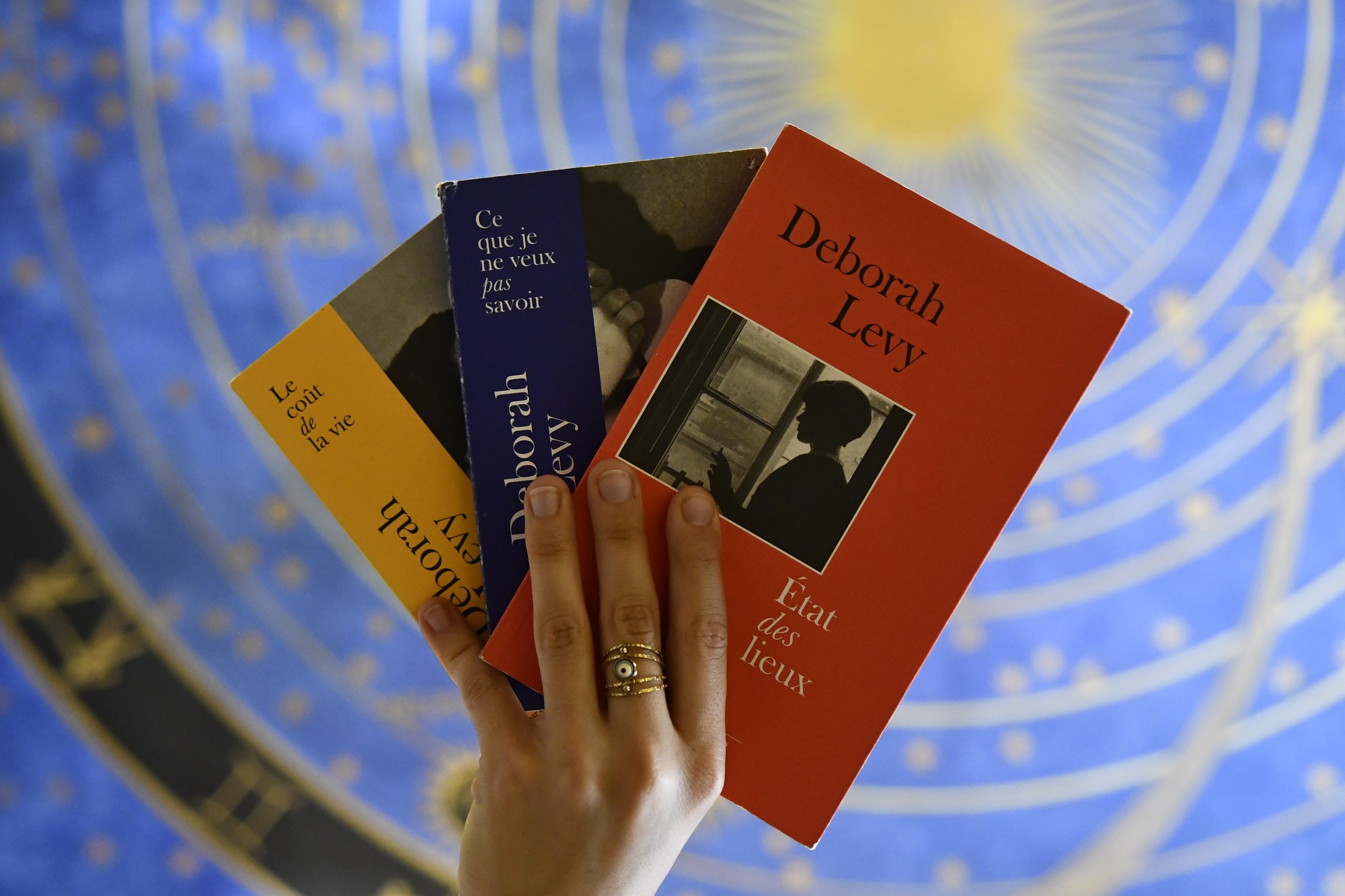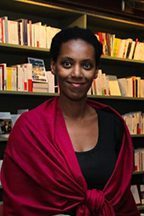Our Favorite Beach Reads This Summer!
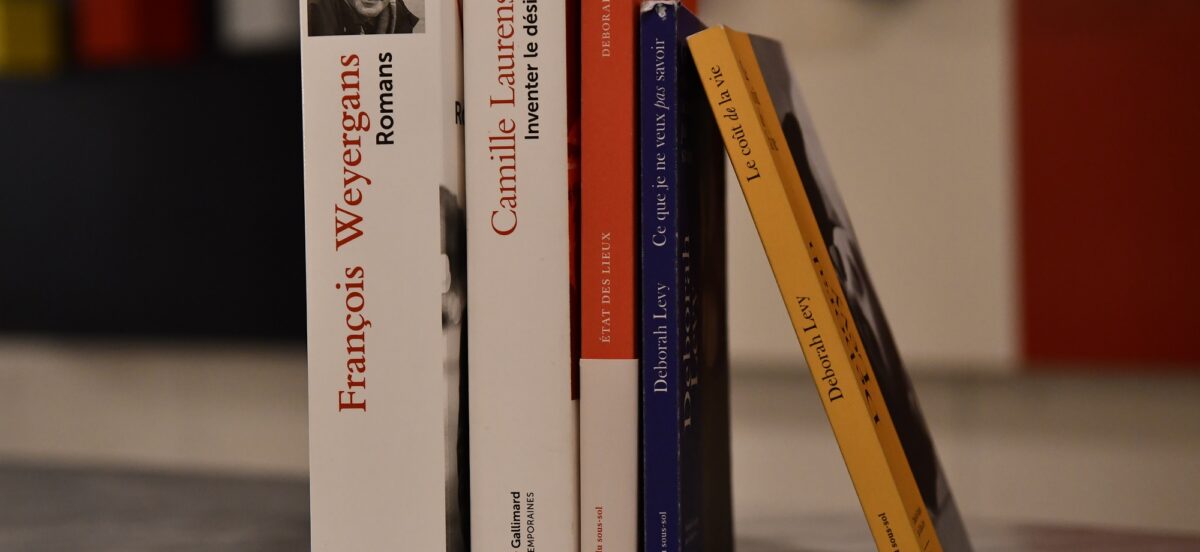
What if we took advantage of the summer to dive into some of the works that have shaped the French literary landscape over the last few decades? Two recent publications from the Quarto collection published by Gallimard allow us to do just that: Inventer le désir by Camille Laurens and François Weyergans. in addition, we invite you to jump head first into the 3 volumes of Deborah Levy’s living autobiography!
Reading List
Camille Laurens has played a key role in the French literary scene since the publication of Dans ces bras-là (Prix Femina 2000). Laurens scrutinizes, through the masks we wear, the transformations of our multiple, changing identities and our sentimental lives. An expert observer who takes inspiration in her phrasing from the prosody of 17th century moralists, notably La Rochefoucauld, Laurens examines our connection with the other, our doubts, and the possibility of knowing what the other thinks and feels. The writer pushes this exploration to its limits, driving us to the edge of the abyss to the point of vertigo.
Since Philippe, Laurens’ novels have continued to draw material directly from her life, as many of her studies get to as close as possible to what is “painful,” or to what could prevent one from living. Understanding the source of suffering allows the writer to move beyond it and continue on. As the book jacket reads: Love, write, stay alive [Aimer, écrire, rester vivante].
Click here to purchase this book with us.
To read the novels of François Weyergans is to plunge headfirst into the Paris of the 70s and 80s. The combined effect of a distorted filter of nostalgia and our somber current events makes this now seem as carefree as the adventures of Antoine Doinel.
All of François Weyergans’ works – 15 novels and 15 films in total – give the impression of lightness, a lightness not to be confused with superficiality but with elegance, humor, and emotion.
In his excellent preface, Frédéric Beigbeder sees in Eric Wein, the (anti-)hero of Weyergans’ first novel, Pitre, a Portnoy: goy, less puritanical and more depressed ; less Freudian and more Lacanian. Everything that French Theory is criticized for (ridding thoughts of social, racial, religious and sexual pressures), Weyergans integrates it all into his literature with insolent ease [goy, moins puritain et plus dépressif, moins freudien et plus lacanien. Tout ce qu’on reproche à la French Theory (débarrasser la pensée des pressions sociales, raciales, religieuses, sexuelles), Weyergans l’intègre à la littérature avec une insolente facilité.”].
As Beigbeder writes later on Weyergans, “it’s Woody Allen in the language of François Truffaut.” Le Pitre narrates the existential wanderings of a disoriented young man in a world liberated by the sexual revolution, and the psychoanalysis ensued with Jacques Lacan (le Grand Vizir).
If the antics of 1968 don’t match your taste, give Frantz et François —the book Weyergans dedicates to his father— a chance! “Frantz et François makes writers jealous, but it is a healthy rivalry,” states our preface writer. For writers of the French language, not envying the style of Weyergans may constitute professional misconduct.” Remembering the happiness we felt and the gripping feeling of brotherhood while reading this masterpiece – we can’t help but agree!
Click here to purchase this book with us.
“We had a go at canceling our desires, and found we had a talent for it. And we put a lot of our life’s energy into creating a home for our children and for our men.”
With such a cumbersome heredity, Deborah Levy investigates, in the 3 volumes of her living autobiography – Ce que je ne veux pas savoir, Le Coût de la vie, and Real Estate–, whether and how it is possible, for women, to live an artist’s life. She tackles this issue with impressive diligence, lucidity, and emotional intelligence.
The field of her investigation is her erudition, her own life, and that of her closest friends and relatives. Levy’s narrative moves effortlessly from one to the other, sewing together literary thoughts (on de Beauvoir, Duras, Baldwin, Orwell…), and fragments of her memories. The result forms a unique patchwork, the sort of one would love to drape oneself within. Mostly because Levy shows not only empathy but a burning curiosity towards the day to day reality of women’s existence. And this creates an almost feeling of porosity between her life and that of her readers. As Charlotte Higgins wrote in The Guardian: “Levy’s writing has a very particular quality: it seems to infiltrate the mind. You absorb her way of seeing and start to perceive the world in Levy-ish ways.”
Click here to purchase this book with us.
Set mostly in South Africa, Ce que je ne veux pas savoir tales how Deborah Levy — whose father was imprisoned for fighting along the ANC — founds her voice. A little girl reluctant to speak out loud, transforms into a person who chooses to free domesticated birds and befriend African servants, and young women who live according to their desire as opposed to following the rules of a racist society.
Le Coût de la vie starts when Deborah, now 50, finds her footing as a wife, a mother and a writer, after her divorce and while her mother is dying.
In Real Estate Levy’s daughters are about to leave the family home. In a struck of luck, she is simultaneously awarded a fellowship in Paris, and sizes this chance at a new adventure, as her daughters embark for a life on their own.


